
(This is a "file photo" from the internet of Alexander Solzhenitsyn when he was a prisoner in the Gulag, the Soviet forced labor camp system.)
Note: We at the SVDP-ALC blog do not cover the news of the world. We leave that to other people. We cover news about our school and topics which relate to literacy education. However, an event of great significance has occurred today, sadly, which relates both to literacy and literature as well as to the issue of social justice -- which is a subject we are concerned with at our school and blog.
One of the greatest authors of our time has died -- Alexander Solzhenitsyn.
I first truly learned about this Nobel Prize winning writer when studying Russian literature at Loyola University in New Orleans with Professor Rochelle Ross (who was born in Russia, lived in Israel, became an American citizen, and taught at Loyola for many years). I was in many literature and language courses with Professor Ross, but two stand out in my mind: Justice in Russian Literature and Freedom in Russian Literature. Most of the skills I learned in language and literature, which I use today to teach my students at SVDP-ALC, I learned at Loyola from her. This included a study of the works of Solzhenitsyn.
Solzhenitsyn revealed to the world the terrible truth about the brutality of Communism, especially as it existed under Josef Stalin. Solzehnitsyn's book One Day in the Life of Ivan Denisovich brought him international acclaim not only as a great writer but as a moral thinker. Some have called him the conscience of Russia, and to a large extent, the conscience of the world. Like the character in his book, Solzhenitsyn himself was put into the Gulag (Soviet prison labor camp system) for being a political dissident.
Other works of his include The Gulag Archipelago, Cancer Ward, The First Circle, and others.
The SVDP-ALC blog takes note of this day in history, and in our geography class we will discuss this topic with our students further.
Solzhenitsyn once said: "Justice is conscience, not a personal conscience but the conscience of the whole of humanity. Those who clearly recognize the voice of their own conscience usually recognize also the voice of justice.”
May we all learn from his experiences and writings.
--Adrian
One of the greatest authors of our time has died -- Alexander Solzhenitsyn.
I first truly learned about this Nobel Prize winning writer when studying Russian literature at Loyola University in New Orleans with Professor Rochelle Ross (who was born in Russia, lived in Israel, became an American citizen, and taught at Loyola for many years). I was in many literature and language courses with Professor Ross, but two stand out in my mind: Justice in Russian Literature and Freedom in Russian Literature. Most of the skills I learned in language and literature, which I use today to teach my students at SVDP-ALC, I learned at Loyola from her. This included a study of the works of Solzhenitsyn.
Solzhenitsyn revealed to the world the terrible truth about the brutality of Communism, especially as it existed under Josef Stalin. Solzehnitsyn's book One Day in the Life of Ivan Denisovich brought him international acclaim not only as a great writer but as a moral thinker. Some have called him the conscience of Russia, and to a large extent, the conscience of the world. Like the character in his book, Solzhenitsyn himself was put into the Gulag (Soviet prison labor camp system) for being a political dissident.
Other works of his include The Gulag Archipelago, Cancer Ward, The First Circle, and others.
The SVDP-ALC blog takes note of this day in history, and in our geography class we will discuss this topic with our students further.
Solzhenitsyn once said: "Justice is conscience, not a personal conscience but the conscience of the whole of humanity. Those who clearly recognize the voice of their own conscience usually recognize also the voice of justice.”
May we all learn from his experiences and writings.
--Adrian
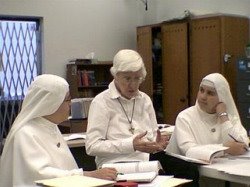
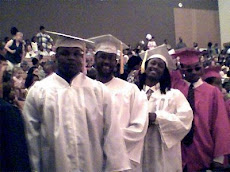
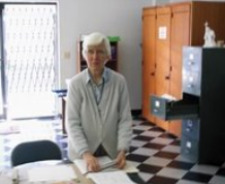


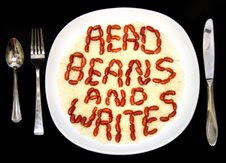
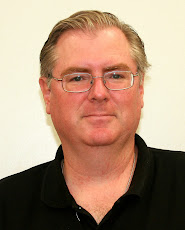


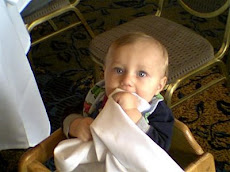
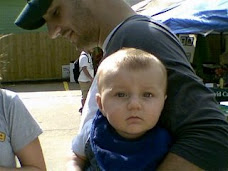



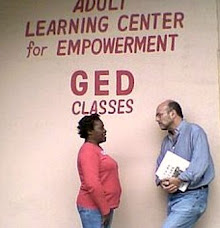

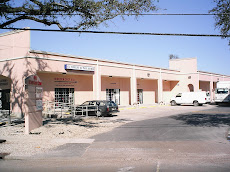


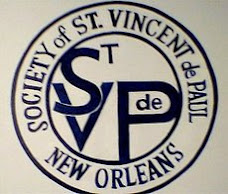
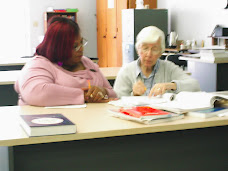
No comments:
Post a Comment